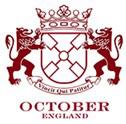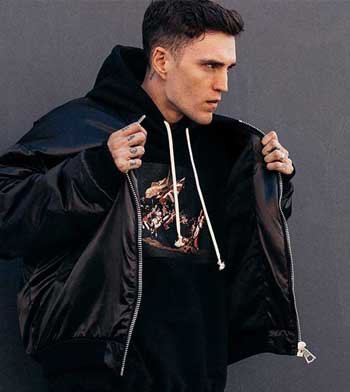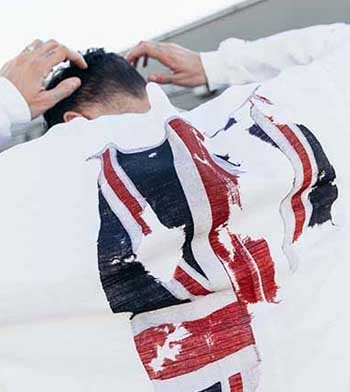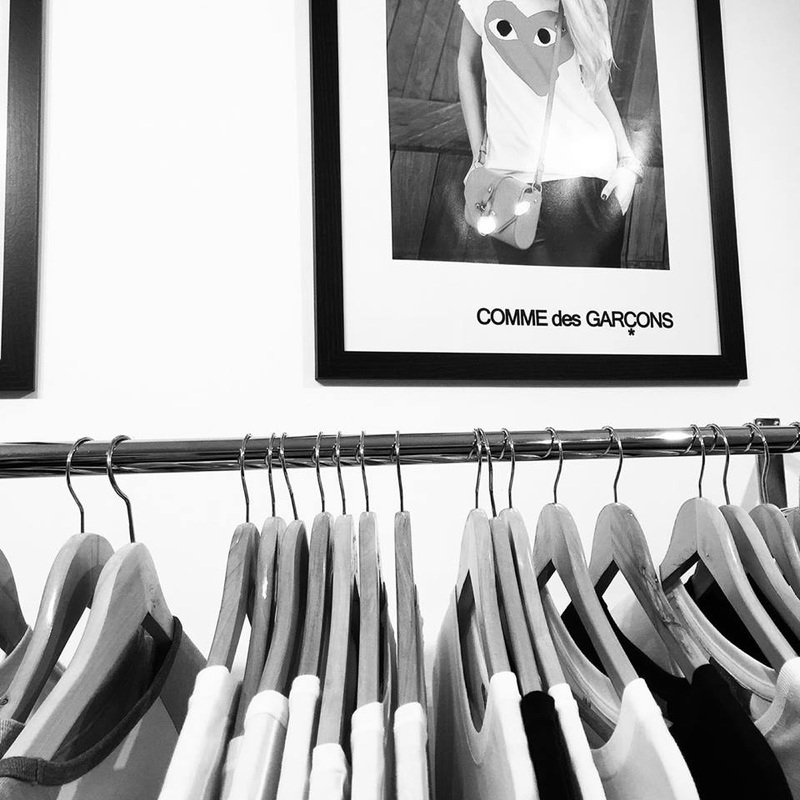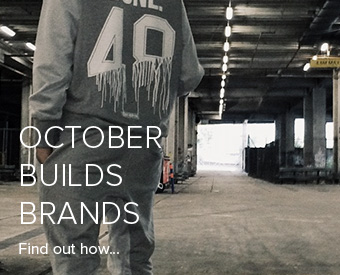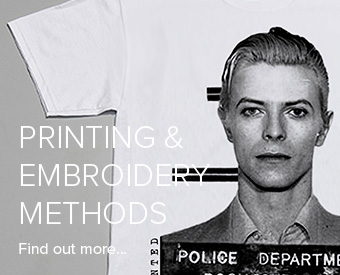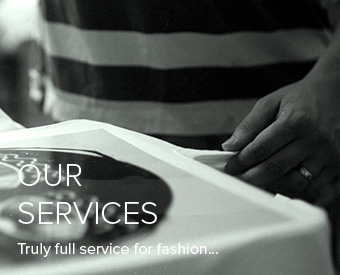As London Fashion Week approaches, the hype behind ethical fashion is going through the roof. But how many of our favourite high street shops offer fairly traded clothes? Amita Mistry investigates.
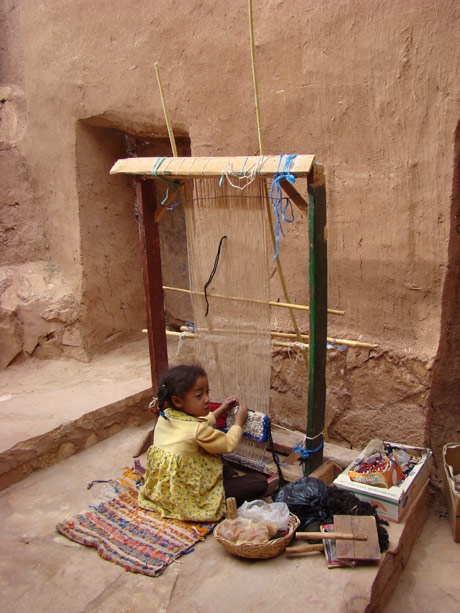
“Young girl working fairtrade Young girl working on a loom in Aé¯t Benhaddou, Morocco in May 2008” – image is courtesy of NationMaster.com
Are you wearing or do you own anything from the high street giant Primark? If so, find the label and read where it was made.
Done? If you’re still looking, it’s because Primark’s labels don’t reveal the location of the garment’s origin. The company argues that there is no law requiring retailers to state where the clothing is made.
Primark is every bargain hunter’s candy shop, full of cheap clothes that can be thrown away when the latest trend is phased out. Last June, it was investigated by undercover reporters from the BBC who revealed that the retailer used child labour (allegedly without their knowledge) to make their products. It was claimed that clothes were created by underpaid factory workers, many of whom took their work outside the factory to family members and children.
After BBC1’s Panorama made the issue public, the head of Primark spoke to a journalist about the allegations. Primark director Breege O’Donoghue said: “We detest that children have been used; we do not support that children should be used in our supply chain. These children are not in our factories. These three factories had stringent audit and inspection in the last 18 months these children were in unauthorised production.”
She added: “It’s against our terms of trade to employ children. Our code of conduct was breached, our standards were breached – this is why these factories will no longer be doing business with Primark.”
Developing countries reportedly rely on the forced labour of thousands of 10-to15-year-old children, who pick cotton to create clothes for western countries like ours. Each September, school children are forced to miss classes for up to two and a half months for cotton-picking. The children spend up to 11 hours a day working in the fields and earn less than two US dollars.
I decided to visit Primark in Nottingham to find out what the paying public thought about this. Hordes of shoppers wondered around with trademark blue baskets full to the brim with clothes. The long queue for the tills made it feel like it was Christmas Eve, while the staff stood at their folding stations as customers sifted through the piles of jeans desperate to find their size.
Asked about Primark’s reputation on garment production, one student shopper from Nottingham said: “I do wonder how they can charge so little, but I’m well into my overdraft and can’t afford expensive clothes. Primark has high fashion at affordable prices, which is what draws me in.”
Another customer remarked: “I guess ‘throw-away fashion’ is a bit of a waste, but in the current economic climate people are hunting for bargains more than ever before. It’s a shame, but I suppose we are keeping the people who make the garments in employment.”
Although Primark has made changes to stop child labour by shutting down the factories in India, this now leaves thousands of people unemployed. It seems as though they are more concerned with the reputation of the business rather than the need to help and support these underprivileged workers.
Fortunately, some people are doing their best to change the situation. At this season’s forthcoming fashion events, movers and shakers from the high fashion world are creating, promoting and showcasing ethical clothes.
Along with London Fashion Week’s estethica, which exhibits fashion by eco-loving designers (February 21-24), Pure London has also introduced Ethical Pure as part of its campaign to promote the designers who produce clothing that follows eco-friendly guidelines (February 8-10).
Meanwhile, February 23 to March 8 sees the annual fortnight dedicated to highlighting the work of the Fairtrade Foundation, a charity that seeks to ensure everyone can maintain a decent and dignified livelihood. Since its launch, the Fairtrade mark has not only changed the way in which corporations deal with their suppliers and how consumers shop on the high street, but it is also transforming the lives of millions of farmers, workers and their communities.
The desire to make even a small contribution towards helping the environment and the social welfare of others is a trend that has been embraced by many companies, from small specialist stores to big high-street chains. Debenhams, Monsoon and Marks & Spencer, for instance, all stock a Fairtrade cotton range.
Another outspoken campaigner is Jane Shepherdson, the retail guru who catapulted Topshop to star status. Now chief executive of the Whistles chain, she is also the non-executive director of People Tree (www.peopletree.co.uk), one of country’s first eco-chic brands. In addition, Shepherdson is transforming Oxfam’s charity shops into must-have destinations for eco-fashionistas.
These are just a few of the examples of people making waves in the ethical clothing movement. Yet, while much progress has already been made, there is still a significant way to go. Does the future of fashion lie in fairly traded clothes? Only time, and our shopping habits, will tell.
For more information on Fairtrade Fortnight, visit: www.fairtrade.org.uk or http://www.bbc.co.uk/thread/blood-sweat-tshirts.
